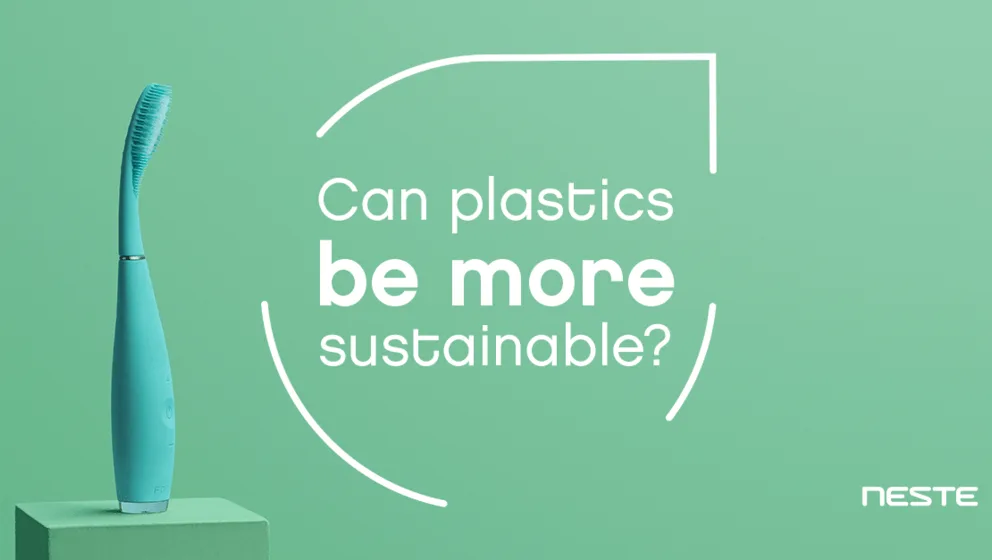
Plastics
2 minute read
Sustainable plastics: an oxymoron?
What does sustainability mean in plastics? Conventionally produced plastics and our treatment of waste plastic pay a toll on our planet. Yet, plastics play a major role in facilitating life as we know it. Indeed, in many applications they may be the best and safest material to use. But are plastics ever sustainable? Can plastics from biomass be the answer?
Plastics: can they be sustainable?

The environmental challenge from plastics is two-fold: on the one hand there are the waste pollution issues at the end-of-life of a plastic product, and on the other hand conventional plastics rely heavily on fossil resources.
Overcoming these challenges requires a number of solutions, including implementing new raw materials for plastics production, rethinking plastic waste management, and identifying applications in which plastics usage might be reduced.
When it comes to the production of plastics and raw materials, one solution that is available today – and is the subject of growing awareness and development – is plastics made from biomass.
So how to reduce your business’ plastic footprint? For businesses with ambitious sustainability targets to meet, finding ways to cut back on their emissions is critical - so to understand how they can do so by making simple switches in the value chain of their plastic production loop is vital. This can seem, however, easier said than done, due to the complexity of those value chains - and the variety of often-misunderstood terminology around bio-based and renewable plastics.
The great news is that we don’t have to give up on plastics altogether in the name of sustainability - or give up on sustainability in the name of plastics. Solutions to bring the two together already exist, and partners such as Neste, a frontrunner in renewable and circular solutions, can help businesses make their plastic-based products more sustainable.
Credits:
Neste